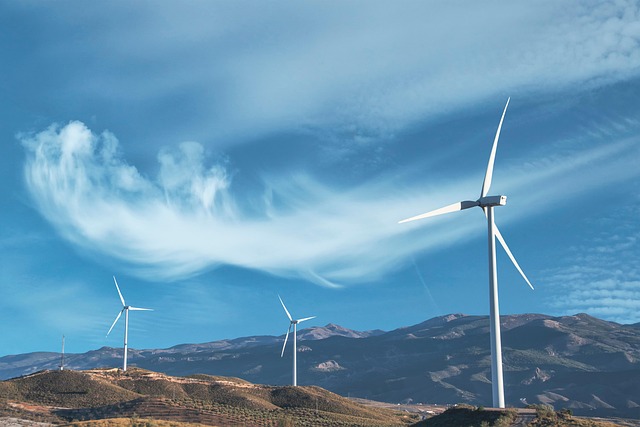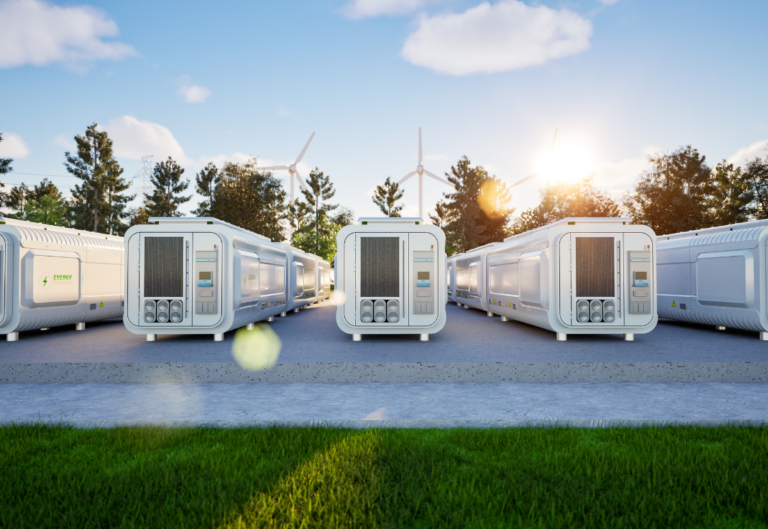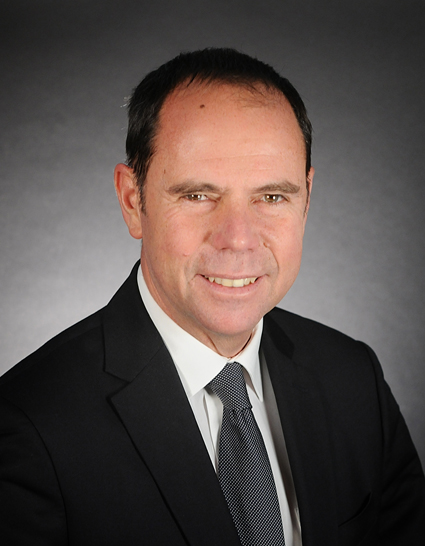For a few weeks now, we’ve had a brand new President in France. More recently still, President Macron won a parliamentary majority, new in their role (415 members sit for the first time in the National Assembly). Such a singular situation of massive legislative support, without a past, offers a unique opportunity for the presidency to make a shift towards modernity in France. On the other hand, our new President declares himself as openly pro-European. This quality, not so universal these days, should help France to gain influence in Europe, from the moment things are done properly and we’re not swimming against the current.
Even though this applies to all areas of policy, we will be focusing our editorial on energy policy in particular. And France could absolutely use a change where this field is concerned.
At this stage, I would like to revisit a few facts to give the reader some context. Ever since the first so-called ‘internal market in electricity’ directive (from 1996), France has been following the model of liberalisation without much enthusiasm. The French system of state monopoly had demonstrated its virtues (energy independence, quality of service, stable and relatively low prices) – why change? What’s to be done about the EdF and GdF monopolies in this new context? France decided to do the minimum to avoid a confrontation with Europe, without fully adhering to the new model. It is creating inspection authorities (CRE, strengthening the Competition Authority) and unbundling the activities of the electricity value chain, giving rise to new businesses (RTE; ERdF). In accordance with successive European directives, France is opening the supply to final consumers to the competition. On the production side, the French decision was to avoid any true dismantling of EDF. Only imports and new installed generation allowed the arrival of new players in the electricity market. EdF remains the dominant player and, where Brussels is concerned, an anomaly in the free market. We could write a similar narrative about the gas sector with Gdf as the main protagonist.
Over the years, the French State has not resigned itself to playing a simple role as planner and controller of the market’s smooth operation. With concern, it has been following the increases in the price of electricity, intervening wherever it deems necessary by creating, year after year, new tools of intervention with unpronounceable names: TaRTAM; ARENH, Exceltium; special treatment for electro-intensive, gas-intensive and even hyper-gas-intensive activities; social default tariff, etc. The irony of the markets’ functioning is that the State is now preoccupied with the fall in prices, primarily because of its effect on EDF accounts, striving to create a carbon tax on electricity production which will result in prices rising.
During this entire time, Brussels has been interpreting French decisions as interventionist in nature, deviating from the objectives of the single market and always favouring the interests of state-owned enterprises (Edf and Gdf/Engie). If Paris wants to maintain regulated tariffs to theoretically protect consumers (from liberalisation!), Brussels sees this as a protection of Edf’s income. If Paris proposes a capacity mechanism, the Commission perceives this as state aid (having Edf as principal beneficiary) and proceeds to open an in-depth investigation. If France suggests a minimum price for CO2 (to strengthen the EU ETS), the Commission once again sees this as an advantage for the nuclear giant…
This new government, without an all-too-apparent legacy of the past, has the chance to make a change and gain Europe’s trust. In order to do so, it will eventually have to allow the liberalisation of energy and, more specifically, the electricity sector. First and foremost, France must accept the dogma of liberalisation, to end intervention in the electricity market and to respect and uphold the principles of competition. It’s the only way to regain lost prestige and to influence the European energy policy by introducing some of France’s good sense into the equation.
In the coming months, we’ll be able to observe whether Macron’s presidency shows contrition and changes the 20-year trend of confrontation with Brussels. For this new phase of French energy policy, it would be essential for the State to accept its role as planner, regulator and monitor of the competition, allowing the market forces to organise themselves as they will.
Some examples of decisions that should be taken in the coming weeks/months which have a significant impact on the future of the sector:
- ARENH amendment (see: Questioning the ARENH mechanism): from a purely economic standpoint, it makes no sense to compel Edf to sell its nuclear energy below its (full) cost. Nuclear power cost which does not include remuneration for the investor or renewal cost is definitively incomplete. Edf results feel the effects of this anomaly, and its shareholders suffer. Consequently, the calculation of the ARENH price and the symmetry clause should be amended. This would certainly lead to an increase in regulated rates and, in view of current wholesale prices, loss of a market share for Edf. In return, Edf would rebalance its accounts (through regulated rates or capacity payment).
- Floor price of carbon: the idea is an interesting one, as a minimum price for CO2 in continental Europe could help to limit CO2 emissions. However, if this floor price only applies to French power production, the results will be disastrous: consider the closure of French thermal power stations and imports of electricity produced by foreign thermal power stations without any climatic effect (not any reduction of emissions). While it may seem incredible to us, Edf is back in the game with this absurd measure (perhaps this is an indication of its delicate position). In any case, the government should avoid a French unilateral floor price for carbon.
- Nuclear power as a low-carbon technology: France holds one part of the solution to the climate problem: nuclear power production. Paradoxically, it is renouncing to support this valid alternative in favour of launching itself into the mainstream of renewable energies. The previous presidency set a target of reducing nuclear production to 50% of electricity production in 2025 which, from our perspective, is not economically feasible. France should defend its nuclear singularity as a form of support for the European energy transition.
- Renewal of hydraulic concessions: this is one of the topics on which the European DGComp [Directorate-General for Competition] is most frustrated with France. The renewal process was launched in 2008 (Hydroelectric Recovery Plan) and in April 2010 (announcement of the renewal schedule). Without the political will, the delay has been accumulating. The situation has been stagnant for 10 years. The French state has been discredited vis-à-vis Brussels (formal notice from the European Commission pending) and has been simultaneously losing attractive income (concession fees). France should immediately initiate the renewal process for hydraulic concessions.
In closing, I didn’t want to conclude this editorial without revisiting two subjects which, while perhaps not as important as those preceding, will serve to reveal the government’s willingness to do things properly:
- New regulations concerning third-party access to natural gas storage (ATS) (see Gas Storage: What’s the state of play?): a more than sensitive subject for Engie. The current regulations, very favourable for the operator Storengy, are not tolerable when it comes to the players. The supplier rebellion has created an unprecedented situation: we could enter the winter season without security reserves for protected customers. Hopefully, the government will actually protect the customers and not the gas storage operators. It would be desirable to get this ATS reform quickly back on track, as the worst-case scenario would be for it to come back to the forefront as a result of a gas supply crisis over a cold winter, a situation that we closely touch last year.
- ‘Grey’ load shedding: a good example of misinterpreting objectives and means. Energy efficiency is the best means towards achieving climate objectives, with demand management (demand response) being one of its instruments. However, subsidising the production of pollutant power generators located in consumer facilities (grey load shedding) that only provide a mirage of Demand Response is irresponsible. The government should downgrade grey load shedding from the incentive frameworks for demand management.
The decisions taken by French Government will build a lasting impression in Brussels and will likely form the foundation of the future French energy transition. Best of luck to the new President and his government.






